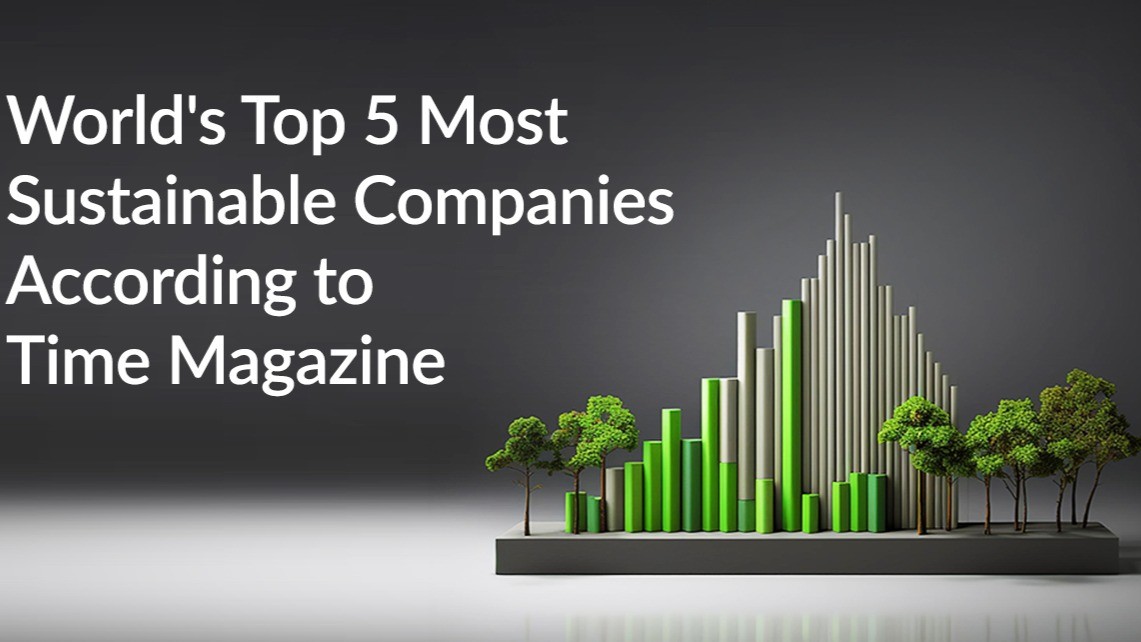In today’s world, sustainability is not just a buzzword, it’s a crucial aspect of responsible business practices. Here’s a look at five companies leading the charge in sustainability and how they’ve achieved their impressive status
1. Schneider Electric
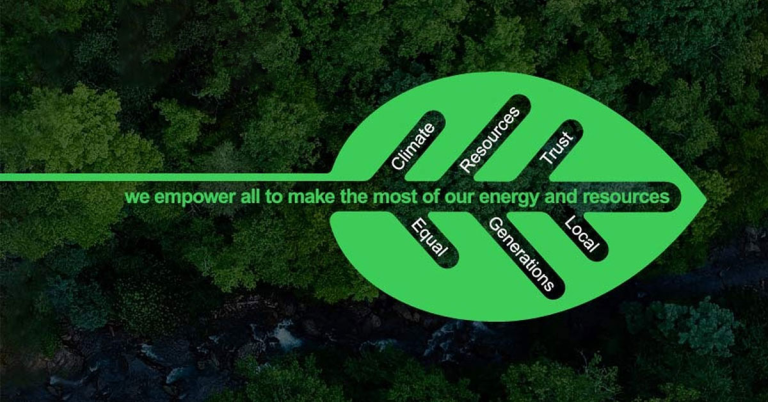
Schneider Electric is a global leader in energy management and automation. The company has made significant strides in sustainability by focusing on several key areas:
Energy Efficiency: Schneider Electric provides solutions that help businesses and homes reduce energy consumption. Their products, from smart grids to energy-efficient buildings, help lower carbon emissions.
Renewable Energy: The company invests heavily in renewable energy sources and promotes their use through its energy solutions.
Innovation: Schneider Electric is committed to innovation in sustainable technologies, including smart meters and green building systems.
Their efforts have made them a top performer in reducing global energy consumption and environmental impact.
2. NEC Corporation

NEC Corporation, a Japanese multinational IT and electronics company, excels in integrating sustainability into its operations:
Smart Cities: NEC develops technologies that help create smart cities, improving urban efficiency and reducing environmental impact through advanced data analytics and smart infrastructure.
Environmental Technologies: They focus on innovations that address environmental challenges, such as energy-efficient IT solutions and green technologies.
Corporate Responsibility: NEC is dedicated to ethical practices and reducing its own environmental footprint through sustainable operations and supply chain management.
Their advancements in technology not only support their sustainability goals but also help other industries achieve their environmental targets.
3. Moncler
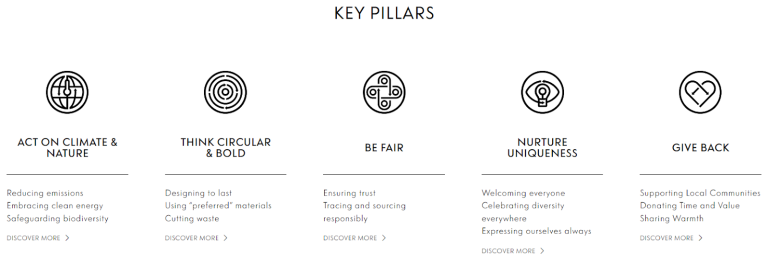
Moncler, an Italian luxury fashion brand, is making waves in the fashion industry with its sustainability practices:
Sustainable Materials: Moncler is committed to using eco-friendly materials and ensuring that their products are produced responsibly.
Ethical Supply Chain: The company focuses on ethical practices throughout its supply chain, from sourcing raw materials to final product manufacturing.
Circular Fashion: Moncler promotes circular fashion principles, encouraging the recycling and reuse of products to minimize waste.
By integrating sustainability into their luxury offerings, Moncler is setting a new standard for environmentally-conscious fashion.
4. Brambles
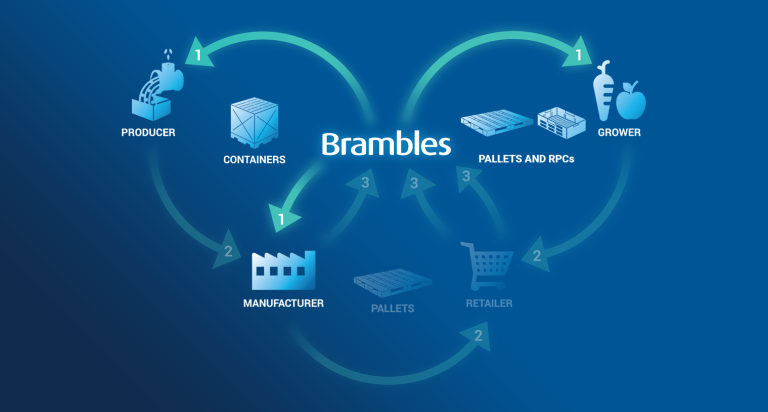
Brambles, an Australian supply chain logistics company, leads in sustainable logistics and operations:
Reusable Solutions: Through its CHEP brand, Brambles provides reusable pallets and containers, reducing the need for single-use packaging and lowering waste.
Circular Economy: The company promotes a circular economy by designing products for multiple uses and recycling materials.
Global Impact: Brambles’ sustainable practices extend across its global operations, optimizing supply chains and minimizing environmental impact.
Their model of reusable logistics solutions demonstrates how companies can significantly reduce waste and promote sustainability in supply chains.
5. Illumina
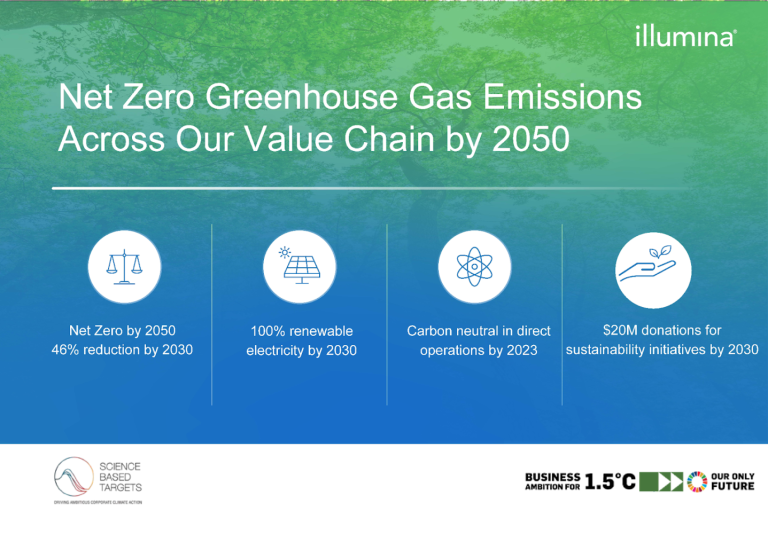
Illumina, a genomics company, focuses on sustainability through its groundbreaking research and operations:
Carbon Footprint: Illumina works to reduce its carbon footprint through energy-efficient technologies and sustainable practices in its facilities.
Waste Reduction: The company is committed to minimizing waste through efficient production processes and recycling programs.
Health and Sustainability: Illumina’s innovations in genetic research not only advance science but also contribute to environmental sustainability by providing solutions that improve health and reduce environmental impact.
Illumina’s dedication to both scientific advancement and environmental responsibility highlights the intersection of technology and sustainability.
These five companies represent the forefront of sustainability in their respective industries. Through innovative practices, commitment to environmental responsibility, and ethical operations, they serve as powerful examples of how businesses can lead the way in creating a more sustainable future. As more companies follow their lead, we can hope for a more sustainable and responsible global economy.

